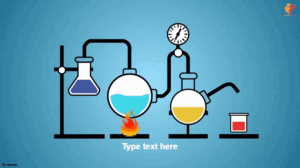DIGESTIVE SYSTEM

Food is made up of complex molecules that need to be broken down into simpler molecules to be absorbed into the bloodstream. This process is taken care of by the digestive system.
The digestive system is a series of organs that are responsible for breaking food down into its simplest form in order for it to be used by the body for energy and growth and repair.
The process of digestion generally has two stages: the mechanical stage and the chemical stage. In the mechanical stage, teeth or other structures break down larger pieces of food into smaller pieces.
In the chemical stage, digestive agents known as enzymes unlock and break down complex food molecules into simpler molecules that can be absorbed and distributed throughout the body.
The digestive system of most animals and humans is made up of a long tube called the digestive tract or alimentary canal. The digestive tract start with the mouth at one end where food is taken in and the anus at the other end where the waste product of digestion is excreted. Muscles in the walls of the digestive tract push food along through contractions called Peristalsis.
The pancreas and the liver also contribute to the process of digestion by secreting chemicals that help in digesting food. In the stomach, food is mixed with digestive juices. The food is then sent along the small intestine where it is further broken down and absorbed.
Whatever is left of the food that could not be digested (such as fiber) is sent along to the large intestine. The large intestine reabsorbs some of the leftover from the process of digestion. It then moves the waste to the rectum where it is stored until is time for it to be excreted as feces through the anus.



